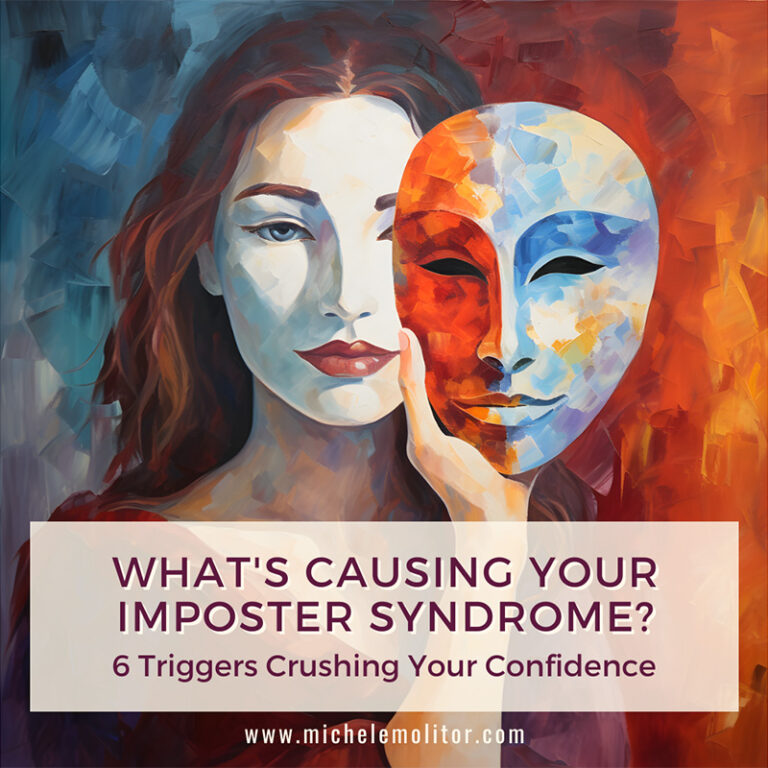The Art of Connection: Building Bridges to Ourselves and Others
In a world that is hyper connected these days, it’s an ironic twist that many of us feel disconnected – from ourselves, our peers, and our communities. Humans by nature are social creatures and yet we are victims of our own making. Our collective genius and inventiveness have created rapid social change and an increased dependence on technology, adding to the mix a global pandemic, it has created a rampant sense of disconnection. And to make matters worse, this disconnection has created an epidemic of loneliness. Leaving us feeling perhaps lost and adrift in a way that only further masks our hidden fears: fear of judgment, fear of rejection, and a pervasive feeling of never being enough.
The research from Dr. Emma Seppala, “Connectedness & Health: The Science of Social Connection”shares that a lack of social connection is a greater detriment to our health and well-being as obesity, smoking and high blood pressure! It also is cause for increased inflammation at a cellular level, higher susceptibility to anxiety, depression and even suicide.
Good News!
Forging authentic connections is pivotal for our well-being and peace of mind, reaping a host of benefits:
- A 50% increased chance of longevity
- Strengthens your immune system
- Lower rates of anxiety and depression
- Higher self-esteem and empathy
- Better emotional regulation skills
- Helps you recover from disease faster
- May even lengthen your life!
Let’s explore seven strategies for connecting in a healthy, meaningful way, and how embracing these can lead to a more fulfilling life with greater well-being.
- Cultivate Self-Understanding
The journey to connection begins with self-understanding. Take time to reflect on your values, passions, and experiences. Understanding yourself is the first step to connecting authentically with others. To help you achieve this, try journaling, meditation, and discover your dignity traits for deeper self-knowledge.
- Nurture Self-Compassion
Self-compassion lays the groundwork for empathy towards others. Recognize your self-worth, embrace your imperfections, and speak to yourself with kindness. As you learn to treat yourself with compassion, you naturally extend the same to those around you.
- Practice Active Listening
True connection involves listening – really listening. Active listening requires your full engagement and a genuine desire to understand the other person’s perspective without the rush to respond. It’s about hearing the unsaid, understanding the emotions behind the words, and responding with empathy.
- Be Present
In a world full of distractions, being fully present is a rare gift. Whether with yourself or with others, practice being in the moment. Put away the screens, let go of the past and future worries, and engage fully. Presence is the essence of connection.
- Share Vulnerably
The fear of judgment can prevent us from opening up, but vulnerability is the bridge to deeper connection. Sharing your hopes, dreams, and even fears with trusted friends or family can create a bond that goes beyond the superficial. It’s about being brave enough to show up as your authentic self.
- Establish Boundaries
Healthy connections require boundaries. They protect your energy and prevent resentment. Clearly communicate your needs and limits, and respect those of others. Boundaries are not walls; they are the parameters within which healthy relationships thrive.
- Foster Community Engagement
Seek out and engage with communities that resonate with your interests and values. Whether it’s a professional network, a hobby group, or a volunteer organization, being part of a community can provide a sense of belonging and contribute to a feeling of being connected to a greater whole.
Overcoming the Fear of Disconnection
Behind the loss of connection lies the fear of not being accepted for who we are. This fear holds us back from reaching out and forging meaningful relationships, keeping us caught in a cycle of loneliness and disconnection.
It’s essential to face your fears, getting support if need be, to recognize that your fears are common human experience. When you realize that fear is just energy, you can take your power back from it, moving through the sensation of fear to one of connection and belonging.
The Role of Connection in Well-Being
The benefits of connection are multifaceted. It contributes to our physical, social, and emotional well-being, providing a sense of security, belonging, and purpose. Strong connections can lead to reduced stress, lower anxiety, and improved health. They enrich our lives, provide support during tough times, and amplify our joy during the good times.
A Community of Connection
For those seeking to deepen their connections and build a robust support system, the How To Become UnShakeable 90-day Mindset Bootcamp offers a vibrant community to do just that. Our welcoming community is designed to help you overcome your fears and self-doubt that have prevented connection in your life, offering you expert advice and resources all along the way to help you build strong, healthy relationships – with yourself and others.
Let Go of Loneliness
If you’re ready to overcome the barriers to connection and step into a life of enriched relationships and self-discovery, the How To Become UnShakeable Community is here for you. Helping you to let go of your loneliness and become unshakeably confident in all aspects of your life.
Together, we can build a future where fear of judgment and rejection is replaced with the courage and confidence to connect deeply and authentically for a more rewarding and joy-filled life.
Michele Molitor, CPCC, CCHT is a transformational coach and clinical hypnotherapist, and co-author of the best-selling book, I Am Perfectly Flawsome: How Embracing Imperfection Makes Us Better. For 20+ years, she has worked with high achieving professionals assisting them in reducing their fears, anxiety and overwhelm to reclaim their self-confidence, calm and clarity to create a thriving life and career. Connect with her directly to unlock your potential and step into your power with confidence.



